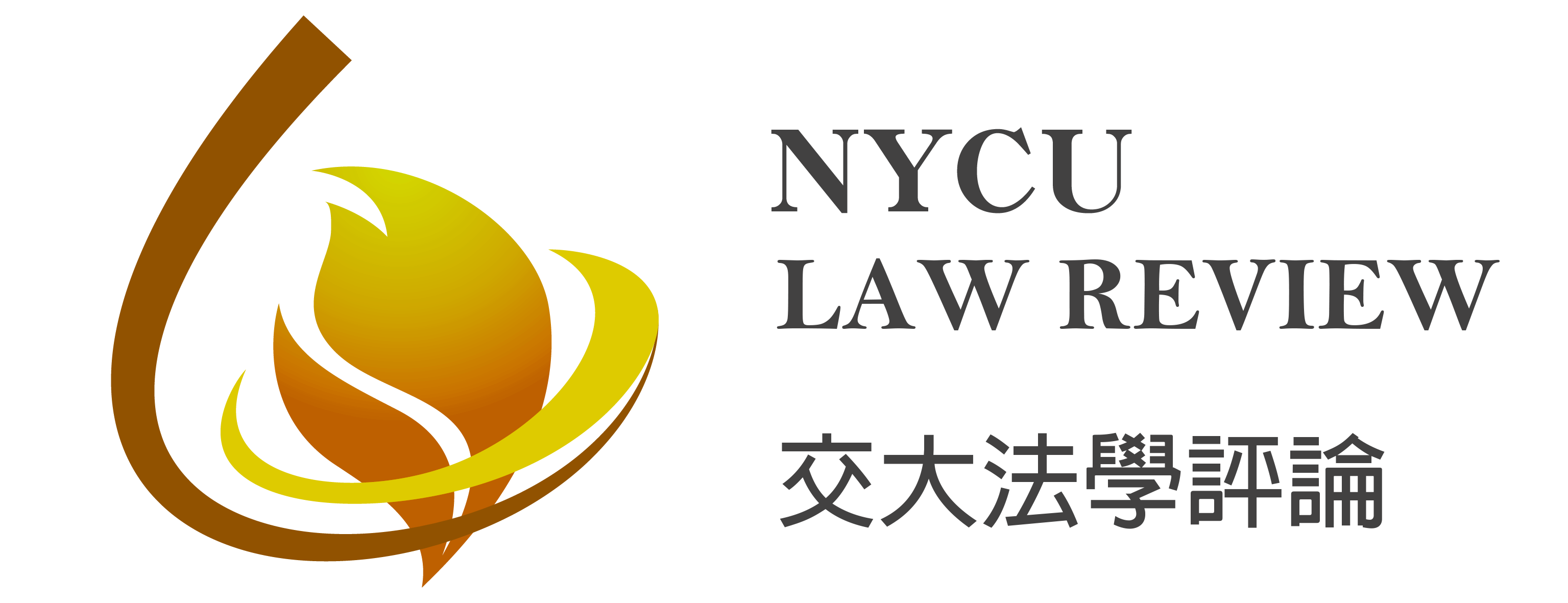| Title | |
| The Development of Misuse Doctrine under DMCA | |
| Author | |
| Dennis Yueh-Hsun Tsai, Hsin-Lan Hu | |
| Keywords | |
| Digital Millennium Copyright Act of 1998 (DMCA), Anti-circumvention provision, Misuse Doctrine, fair use doctrine | |
| Abstract | |
| Since the U.S. Digital Millennium Copyright Act of 1998 (DMCA) came into effect, the controversial anti-circumvention provisions codified in section 1201 of the Copyright Act immediately have became the most debatable issue in academia and U.S. courts. As in the modern information era, facilitated by the encompassed high technologies, reproducing and distributing illegitimate copies of copyrighted works in the digital forms can be easily accomplished by average users, which dramatically endanger the copyright owner’s rights and interests. However, with the enactment of anti-circumvention provisions, copyright owners can self-help with technological measures that effectively control access to the works protected by copyright. Despite limited exemptions are sanctioned under the anti-circumvention provisions, this legal protection of technological measures as such permits proprietary control over any kind of information, protected or not under copyright, which granting the content provider what might arguably be considered as a “Paracopyright” without the built-in limitations and restrictions of traditional copyright law, such as the fair-use doctrine. As a result, the public are concerning about the in coming World of Pay-Per-Use, and the traditional limitations on copyright, such as the fair use may be unavoidable evaporated under such new legislation. Moreover, some recent litigation may have showed that anti-circumvention provisions have been suspiciously utilized by some copyright owners as a means to restrain trade and competition. In light of this situation, scholars in the U.S. began to discuss and advocate the “Anti-circumvention Misuse Doctrine,” hoping this affirmative defense, which evolved form the patent law, can mitigate the impact caused by anticircumvention provisions to the copyright related markets. |
|
| Abstract | Article |
|
236 Downloads |
829 Downloads |
